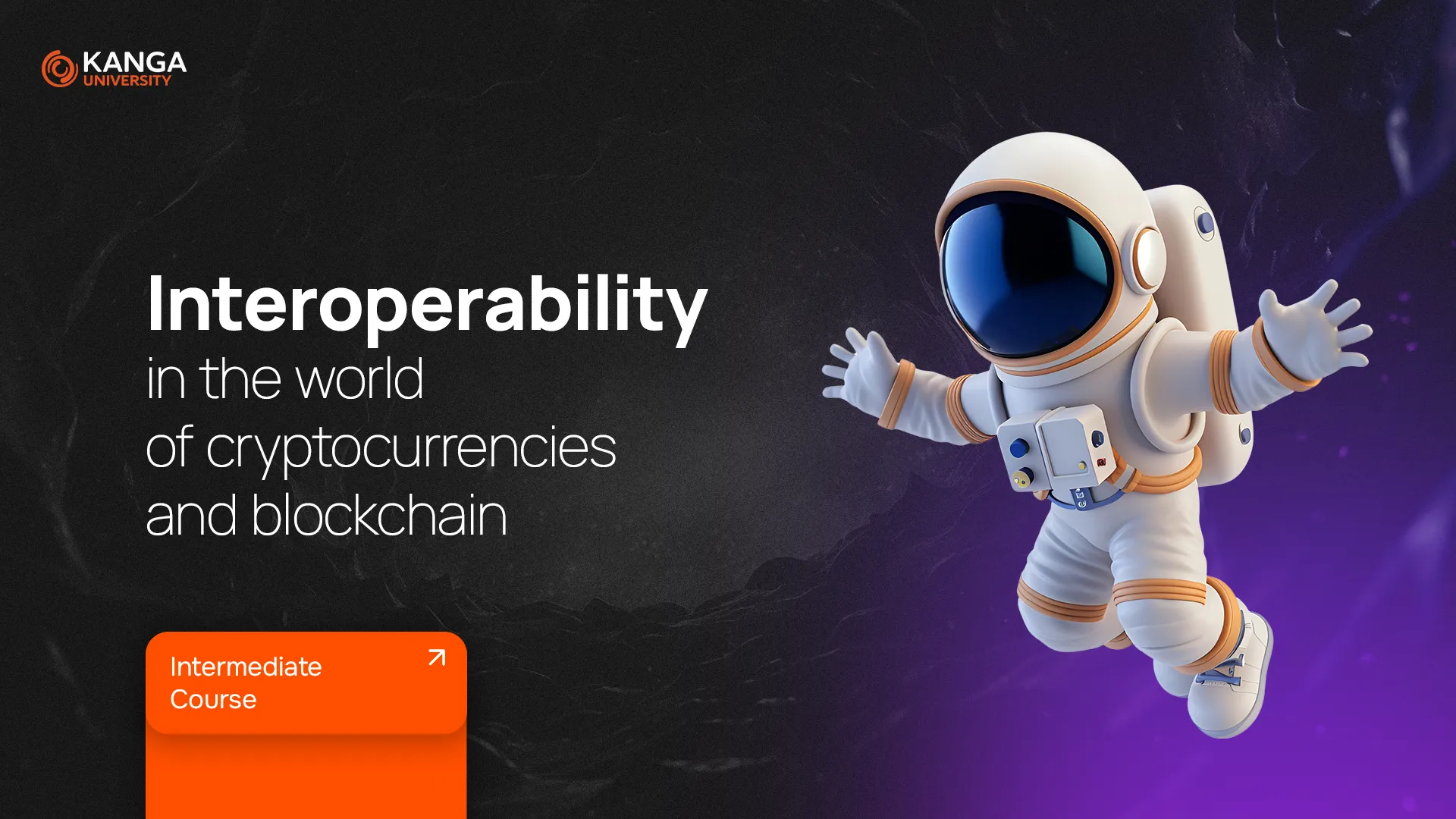Interoperability plays a crucial role in the cryptocurrency industry. It allows blockchain networks and protocols to communicate effectively with each other, making blockchain technology even more advanced and user-friendly. But why is it so important in the world of cryptocurrencies and blockchain?
Every year, new blockchain networks emerge, each designed to solve specific problems or serve particular needs. This means that every blockchain comes with its own specialized features. With so many different blockchains, it’s clear that no single network can meet all our needs.
What is Interoperability?
Interoperability refers to the ability of different systems, devices, applications, or products to connect and communicate with each other efficiently. It involves data sharing and collaboration, increasing overall efficiency. There are three main types of interoperability:
- Syntactic interoperability: This allows systems to communicate using standard protocols, such as XML or SQL, ensuring structured data exchange.
- Semantic interoperability: Systems can automatically exchange and interpret information accurately, as they follow the same data structure and encoding.
- Cross-domain interoperability: Focuses on the standardization of policies, practices, and system requirements, emphasizing non-technical aspects of interoperability within organizations.
Seamless data exchange between applications, databases, and systems is essential for the advancement of modern technologies. It ensures that different technological solutions can work together smoothly.
Interoperability in Blockchain – What Does It Mean?
In blockchain, interoperability refers to the ability of different blockchains to connect, share data, and collaborate. It allows digital assets and information to move between networks via decentralized cross-chain bridges.
Most blockchains are built on different standards and coding structures, making them naturally incompatible. Transactions usually take place within a single blockchain, without interaction with other networks.
In the blockchain industry, interoperability is similar to free data exchange. Today’s protocols often don’t allow seamless communication between networks. For example, Ethereum and Cosmos, two Layer-1 protocols, use smart contracts to exchange data securely—but only within their own ecosystems.
This is why organizations that want to use blockchain technology are pushing for interoperability. The benefits of cross-chain communication are too significant to ignore.
Why Is Blockchain Interoperability Important?
With so many different blockchain ecosystems, seamless interaction between them is essential. Interoperability is particularly important for developers who create cross-chain or modular applications—these integrate different blockchain environments into a unified system.
Beyond cryptocurrencies, interoperability is equally important for traditional systems that need to interact with blockchain networks. Interoperability protocols provide a bridge between blockchain and traditional IT systems, allowing decentralized applications (dApps) to work with various blockchain networks through a single solution.
Additionally, interoperability helps users utilize a single cryptocurrency across multiple blockchains. It also simplifies access to different protocols spread across multiple networks, making it easier for users to interact with decentralized services.
Interoperability and Cryptocurrencies
Interoperability is not limited to blockchain connectivity—it also applies to protocols and smart contracts. Some platforms, like T3nr, enable smart contracts to operate across multiple blockchains.
How does this work? A smart contract is deployed on a multi-chain contract platform, allowing it to be executed across various blockchain networks.
Such cross-chain smart contracts help developers build multi-blockchain applications and allow users to conduct transactions across networks. This means users can access various decentralized applications without switching networks.
Oracles—another key blockchain technology—also benefit from interoperability. Oracles bridge the real world with the blockchain world using smart contracts. Decentralized oracle platforms can connect smart contracts with multiple blockchains, enabling real-world data to be shared across different networks.
Another essential aspect of interoperability is the exchange of digital assets between blockchains. The most common way to do this is through cross-chain bridges. These allow users to transfer tokens from one blockchain to another, increasing liquidity and usability across different ecosystems.
Summary
Interoperability is a key factor in blockchain adoption and plays a critical role in the success of the industry. It removes barriers for users who want to interact with multiple networks at once.
More importantly, interoperability improves efficiency in the crypto space, allowing assets to move seamlessly between blockchains. Instead of being locked into a single blockchain, smart contracts can function across multiple networks, unlocking the full potential of blockchain technology.
